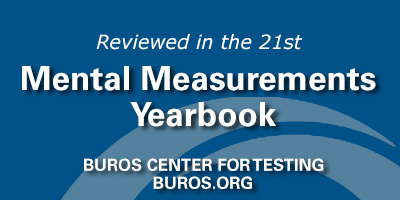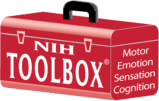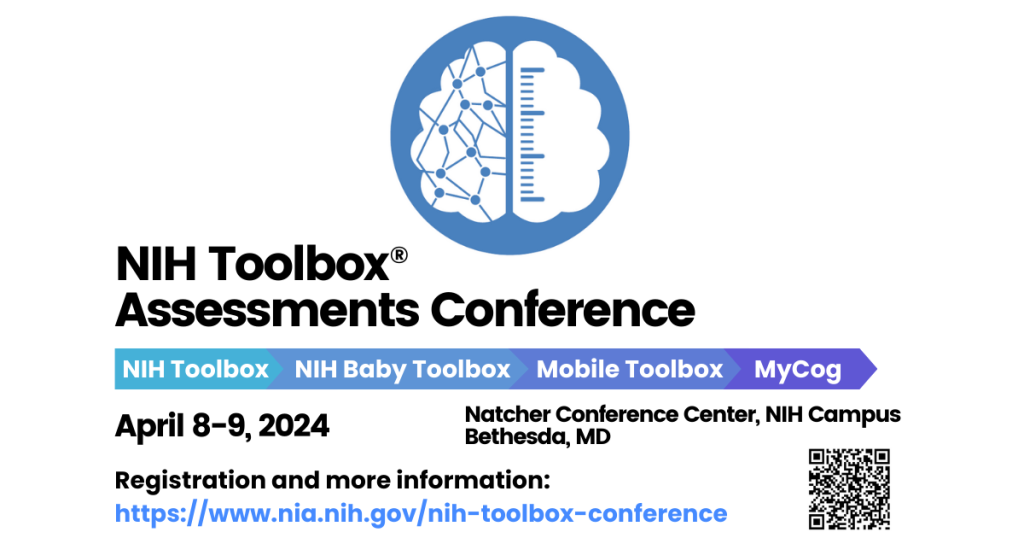NIH Toolbox® for Use in Educational Settings
From preschool to college (and beyond), NIH Toolbox tests utilize an array of advanced approaches in item development, test construction, and scoring to allow for educational providers to quickly and reliably assess students with a wide range of abilities.

Reviewed in the Twenty-First Mental Measurements Yearbook by The Buros Center for Testing

Test Selection
The NIH Toolbox tests allow for lifespan assessment. So, a school psychologist could track a child’s cognitive abilities from Preschool through High School, using the same assessment system. Scoring is performed automatically during the administration and examiners receive norm-referenced (e.g., age adjusted) scores for both individual tests and composites. Based on the Horn Cattell Model, composite scores are provided for crystalized abilities, fluid abilities and the total cognition score.

Highlighted Use Case
In a series of studies (see Hessl et al, 2016), over 100 individuals with intellectual disability were assessed using the NIH Toolbox. Results showed that NIH Toolbox cognitive tests have the potential for assessing important areas of cognition in people with intellectual disability and can be useful in tracking response to intervention.
Explore our Assessments Solutions
Cognition
Mental processes involved in gaining knowledge and comprehension, such as thinking, knowing, remembering, judging and problem solving.
Motor
A set of complex physiological processes that require the integration of multiple systems, including neuromuscular, musculoskeletal, cardiopulmonary, neural motor and sensory-perceptual systems.
Sensation
Biochemical and neurological process of detecting incoming nerve impulses as nervous system activity.
Emotion
Strong feelings, such as joy, sorrow, or fear. It is an affective state of consciousness in which one of these feelings is experienced.
Testimonial of Aaron Kaat

assess students with intellectual disabilities can also be used to assess gifted students.”
Getting Started with the NIH Toolbox is easy!
View aspects of the system at no cost. Simply download the NIH Toolbox app onto your iPad today, apply for cognition access, and review any test on the app for free.
Recent News
Join us for the NIH Toolbox® Assessments Conference
Registration and call for abstracts now open! Audience Targeting all investigators, clinicians, and industry partners with…
New App Can Detect Dementia in Less Than 30 Minutes
The NIH Toolbox V3 app can assess cognitive, motor, sensory, and emotional function in people three…
NIH Toolbox App Provides Access to Tests for Cognition, Motor, Sensation and Emotion
Tool may help improve patient care with access to tests for everything from dementia risk to…



